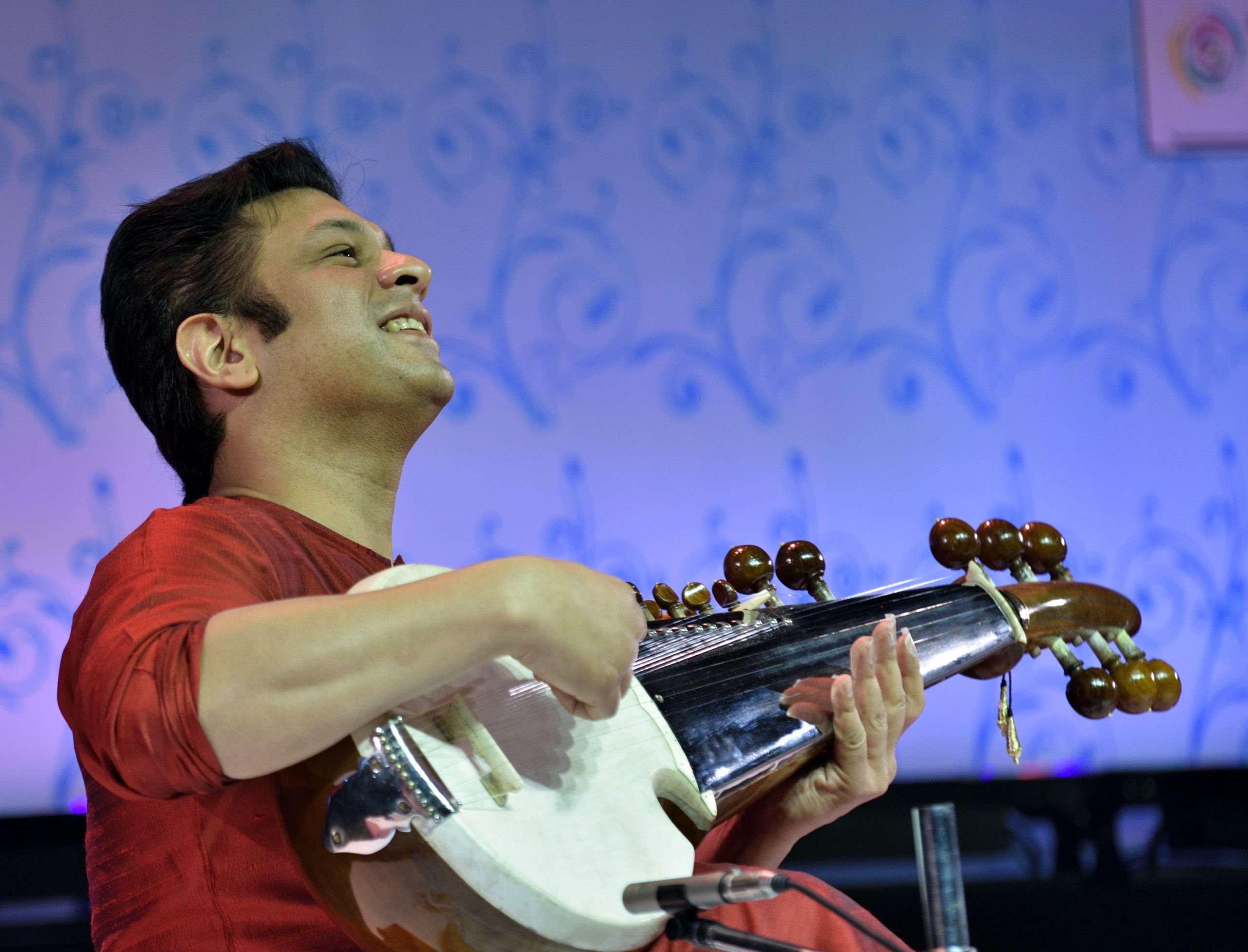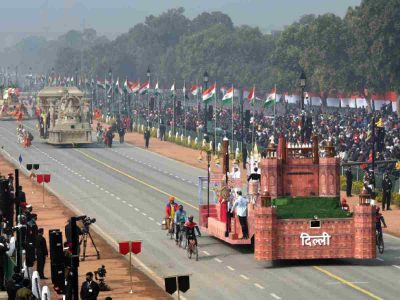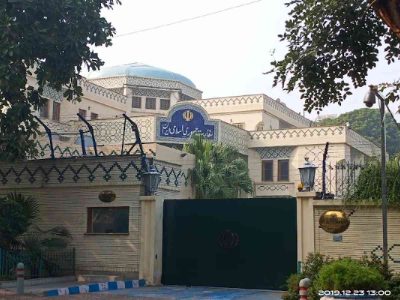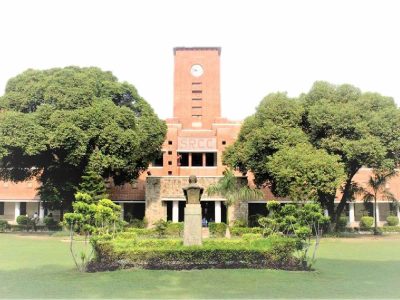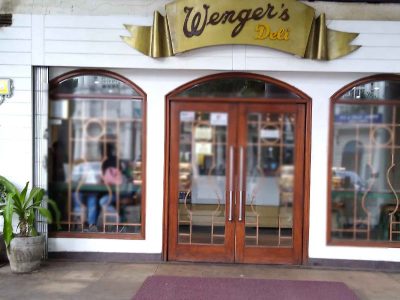The Music in The Park (MITP) festival at Nehru Park in the elite diplomatic enclave, has led to a resurgence of classical music over the last 20 years with the event eagerly awaited by Delhi’s music lovers.
The event is organised by NDMC, which owns and runs Nehru Park, and Spic Macay Foundation.
Conceived by Rashmi Malik, the Chairperson of Spic Macay Foundation, the event has today established itself as a brand attracting various sponsors over the years. This year, it was the SRF Foundation headed by Arun Bharatram, who is himself a fine sitar player.
Explaining his support, Arun said, “Our foundation supports over 180 Spic Macay events annually in schools, but as a youngster I always enjoyed listening to good music in the open and so decided to support MITP.”
There were two events this year. In February, when the weather warmed up, there were two instrumental concerts (sitarist Shahid Pervez and flautist Nityanand Haldipur), and last Sunday, there were three concerts — vocal (Omkar Dadarkar), percussion ensemble (headed by Bickram Ghosh), and violin played by three generations from the same family — N Rajam, her daughter Sangeeta, and her daughters Ragini and Nandini.
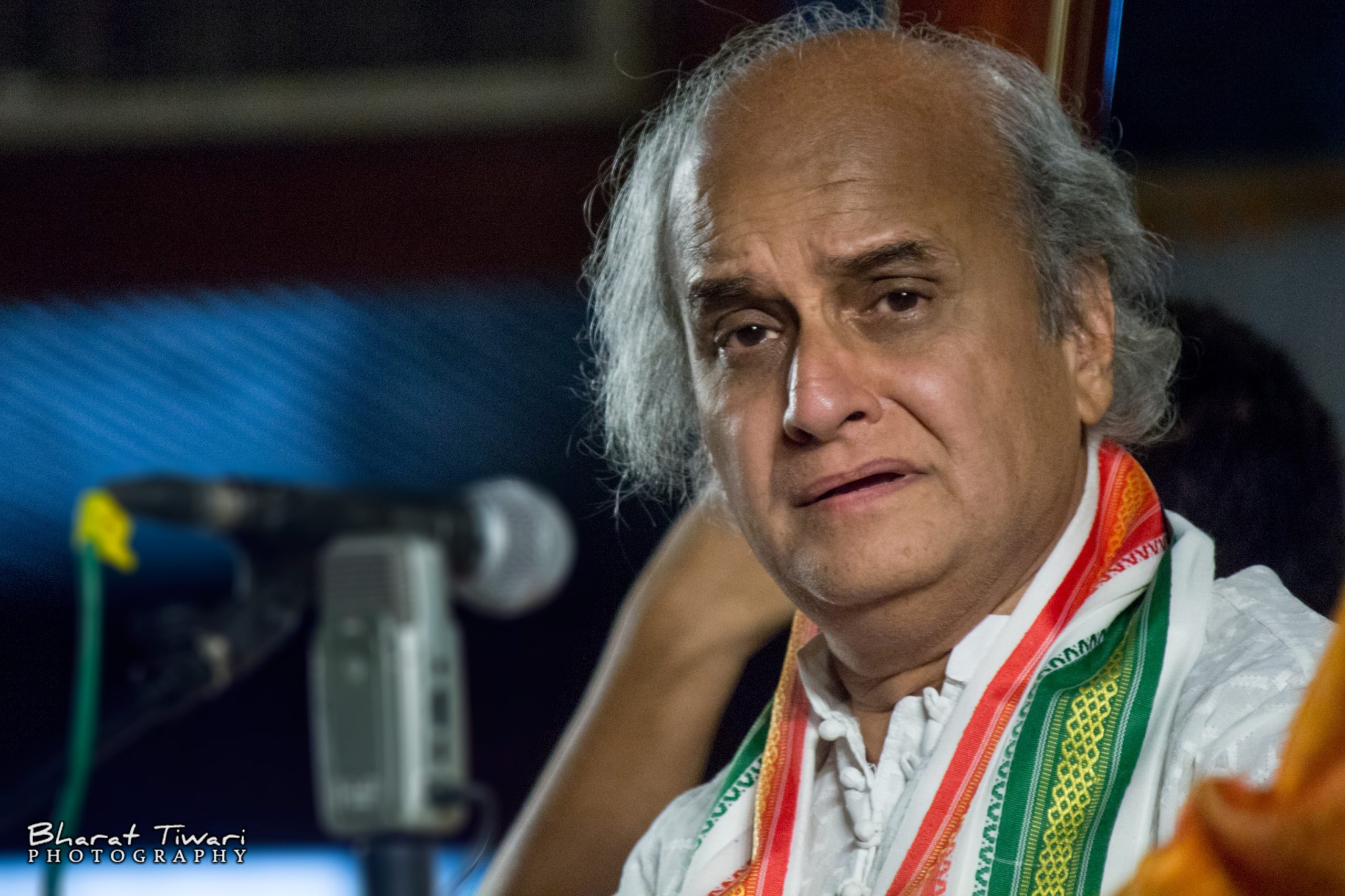
The concerts are not confined to Delhi; there have been MITP events in Chennai, Jaipur and Bhubaneswar. But it is in Delhi that the idea germinated and flowered.
Rashmi Malik conceived this unique way to reach out to an audience that would not perhaps go to a concert hall. To familiarise even common walkers or joggers in the Nehru Park, the music events were held in an accessible part of the park, not cordoned off from the general public.
The excellent sound system attracts the curious passersby, most of whom linger on to hear or see more. Of course, serious music and dance afficionados come specially for the concerts, arriving early to secure good seats. The best seats are reserved for the true music lovers who are encouraged to sit in the traditional baithak style on the floor; the VIPS sit behind on comfortable sofas.
The image of the setting sun, feeling the breeze caress the leaves on trees, hearing birds chatter as night falls – all these make for a serene experience, confined not just to the music.
Of course, there are logistical problems. The weather does not hold sometimes, resulting in wet sitting spaces. Installing the heavy duty sound equipment, erecting the stage and covering, arranging the strong lights are tasks. There are also parking problems for the audience.
But the overall experience is always magical, making the next event sought after.
Rashmi says, “The first MITP was with Bismillah Khan, on September 9, 2004.”
Today the event has been established, after the organisers painstakingly spread awareness through advertisements, hoardings, and personal contacts.
As Rashmi confirmed, “The audience today comes for even a relatively unknown artist, as it is confident of good music. We reached audiences of over 15,000 for Ravi Shankar’s last concert in Delhi.”
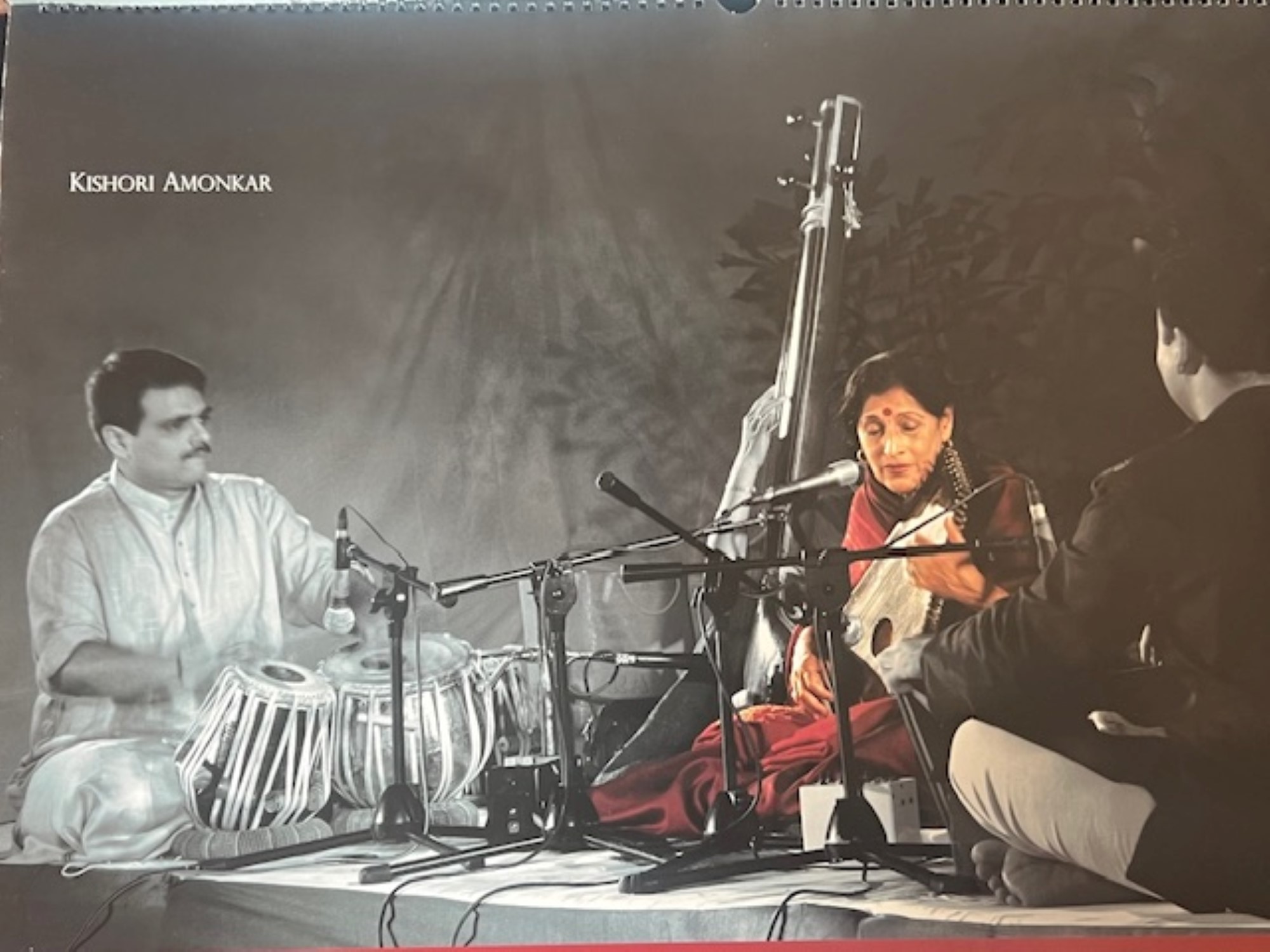
Memorable concerts have included thumri exponent Girija Devi, Carnatic vocalist M Balamurali, Amjad Ali Khan and Kishori Amonkar, a record eight times (she first sang in 2005).
There have been western classical concerts too; today MITP stands for good classical music, regardless of the genre.
Vocalists Venkatesh Kumar and Ulhas Kashalkar, who are in their 60s and are the top-ranking stars, got popular in Delhi thanks to the MITP stage.
It’s usually a wonderful experience for the artists.
Kashalkar shared, “I enjoy performing for Music In The Park, it is one of the best in Delhi. I laud Rashmi; she has created a very enjoyable ambience for artists and audience. Admirably, they have maintained a certain standard of excellence, and I laud the fact that they include Carnatic music too. I think music has to be taken out of the stage, linked with outdoors, and tourist spots.”
Sarod maestro Amaan Ali Bangash summed up, “It’s a grand show, presented beautifully. A place where one meets listeners who are not necessarily classical music fans. I am lucky to have played a solo concert, and also a duet with my brother Ayaan. For the young generation, who can attend a well-presented show of, say a Mika, a classical music concert should be on the same scale like MITP. Young artists should be presented on stages like this; today, the younger generation of tabla players are visible, others not so much. This should change.”
There are hiccups too. For example, once when Kishori Amonkar was reluctant to use the portable washroom, and had to drive to her hotel room in the hotel nearby, the audience cavilled at the unexpected wait. On another occasion, Rajan and Sajan Mishra were so carried away by the enthusiastic audience that they continued singing well ahead of the time slot allotted to them, causing the next artist, the octogenarian Budhadev Dasgupta to quip, “my fingers are getting so frozen waiting, maybe I should just cancel the concert!”
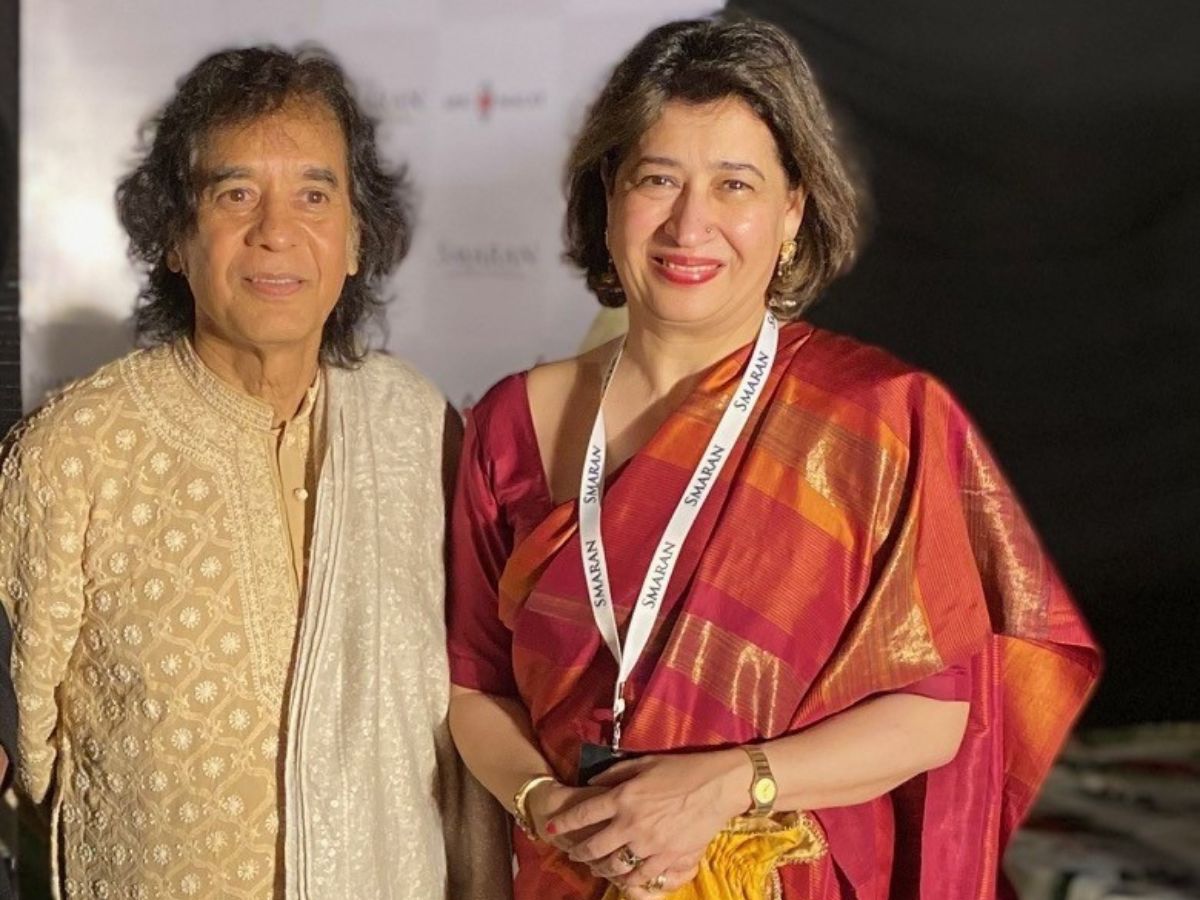
Rashmi shared, “Each concert is like a personal achievement and I regard MITP as my baby. I feel the audience is addicted, and I am being constantly asked when the next event will be. Coincidentally, Shiv Kumar Sharma and Zakir Hussain have performed three times on the same date of 19th February! There are so many memories and anecdotes, some of the artists who are no longer with us — I am planning to write a book about my memories.”

